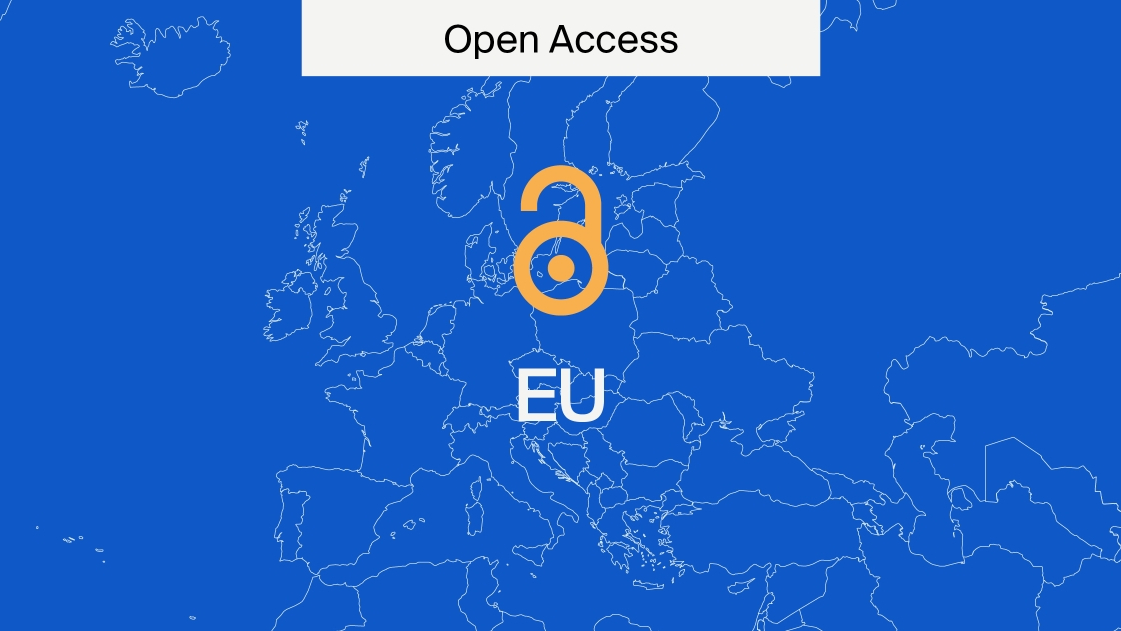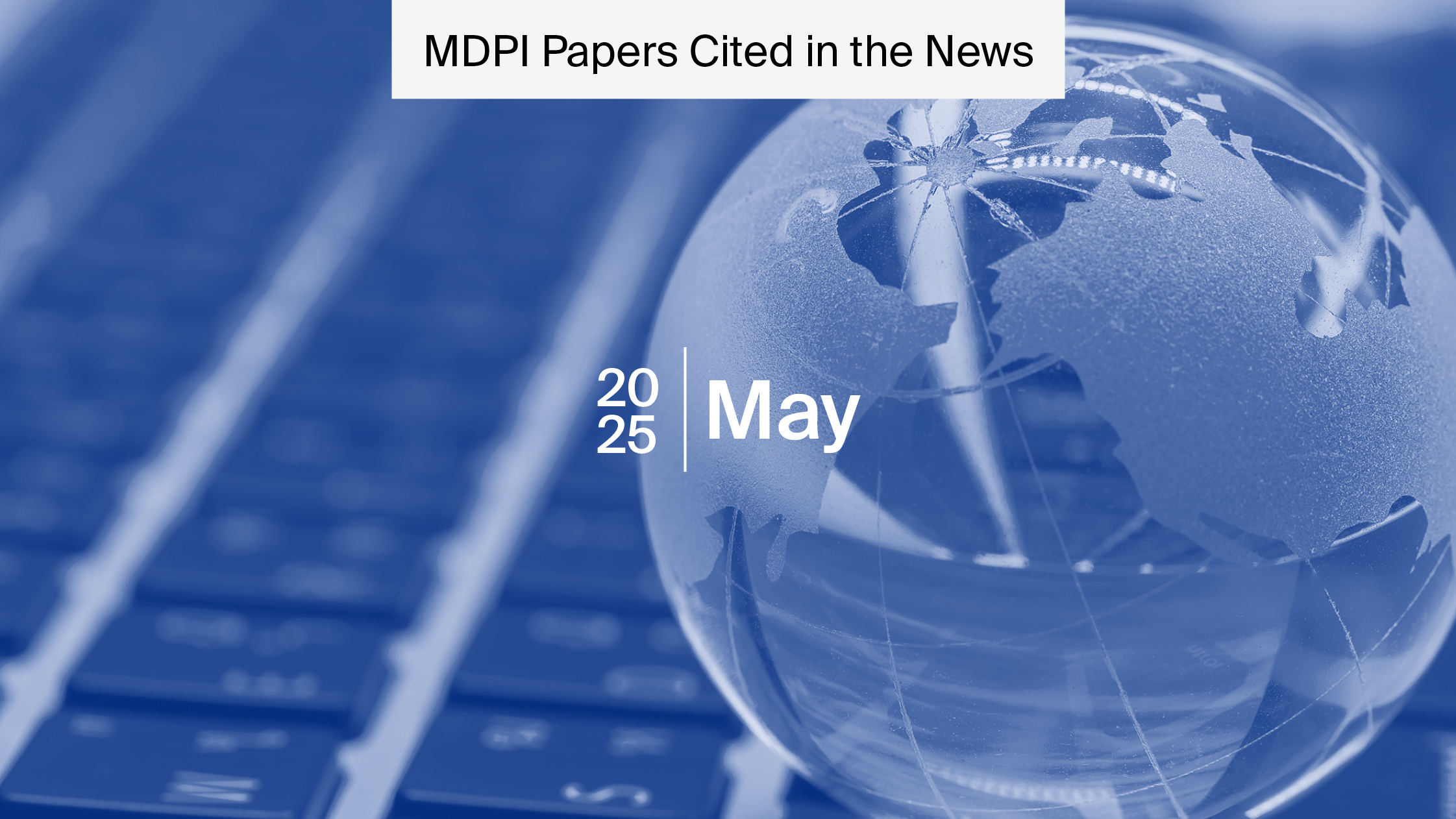
Linguistic Injustice in Academia
Historically, lingua francas—common languages used by groups of people with different mother tongues—have played important roles in scientific research. We can still see the prevalence of Latin as the scientific language of the Middle Ages in taxonomic classification; Ancient Greek serves as the linguistic foundation for countless scientific terms, like ‘hydrodynamics’, ‘zoology’, and ‘hypothetical’.
Without these ‘bridge languages’, research would have been restricted and isolated to single communities. With researchers unable to add to the work of their peers, scientific progress would have been severely stunted.
In contemporary society, though, is this still the case? English is the language of choice when it comes to writing and researching. But, only 5% of the global population are native English speakers. What are the repercussions, then, on the huge number of researchers who are communicating in a second language?
Few studies have actually tried to quantify the impact that publishing in a second language has on non-native English speakers. Here, we’ll take a look at new research that has addressed these disparities and the consequences of predominantly communicating science in English.
What is linguistic injustice?
The term linguistic injustice is used to describe the disadvantages non-native English speakers face in academia. It outlines the increased difficulty of reading, writing, and communicating research in a second language, as well as the decreased likelihood of publication success. Though still not universally acknowledged, as there are many contributary factors, more and more researchers are addressing this inherent bias in contemporary science.
There are many substantial challenges English-as-a-second-language researchers must overcome that their native counterparts do not. Quality of language is often equated with quality of research. This means that reviewers are more likely to reject or send papers back for revision if there are linguistic and grammatical issues, extending the time to publication or perhaps ruling out publication entirely.
Conducting scientific activities
The expectations of modern-day science are very rigid. Researchers, particularly those beginning their careers, face significant stress trying to get their work published in respected journals. Doing so lends credibility to their work and leads to more opportunities.
However, despite native English speakers only making up a small proportion of researchers, 75% of all academic journals are published in English. Because of this, many researchers find that it is much easier to publish in English, as there are more reputable journals to choose from.
This obviously presents a challenge to the majority of academics. The burden caused by the extra time and effort required to conduct research activities in a second language, however, has been largely unrecognised by the scientific community.
Researching and publishing
Researchers must be able to understand, interpret, and utilise cutting-edge work in their fields. Reading papers, then, is a research activity that is paramount for success. However, the impediment of reading in a second language is very severe.
Recent research has shown that it takes non-native English speakers approximately up to 2 times longer to read academic papers. This is influenced by nationality—whether they are from a high- or low-English-proficiency country. This is true for early, mid, and late career stages.
Authors writing in a second language are also less confident in their ‘voice’. This is especially true when in conflict with a native colleague. The writing process is also much slower for non-native English speakers. However, this is not observed at the late career stage.
English-as-a-second-language researchers are also 2.6 times more likely to get their paper rejected due to their writing style and 12.5 times more likely to be asked to revise their paper compared to native speakers.
Recent MDPI research has also discussed the prevalence of English-language courses at universities across the globe and how it can disenfranchise transnational students.
Presenting and networking
This language barrier also affects other areas necessary for success in academia. For example, around one-third of early-career, non-native English speakers avoid conferences conducted in English. Half of them also avoid oral presentations due to their lack of confidence communicating in English.
When they do give presentations, it takes much longer for them to prepare. Researchers of moderate- and low-English-proficiency nationalities spend, respectively, medians of 93.7% and 38.0% more time preparing an oral presentation in English than native English speakers.
Communicating work effectively in English is also reportedly much harder. This effect is much more pronounced in early-career, non-native English speakers from low-English-proficiency countries. In total, 65% of these researchers consider it difficult to communicate their work in a second language.
Conferences and presentations are a huge component of a successful academic career. This ultimately means that these researchers have significantly reduced options for getting their work noticed in their field.
Dissemination
Publishing English-language articles is considered “the only way to get assessed as a researcher”. Though some authors do not perceive this as a significant disadvantage, it does have some knock-on effects. Publishing in English makes it much less likely their work will be read by people in authors’ local communities. Whilst it may have a higher chance of gaining global recognition, it can serve as a barrier to their work being utilised in their home countries.
Thus, many non-native English speakers opt to translate their articles and publish them in their first language. With publication already being a relatively arduous process, these researchers have to expend double the effort for the same paper—time they could otherwise be spending on new research.
Language editing and proofreading
It has also been found that non-native English speakers ask for a friend or colleague to review their work much more often than native speakers—around 50%.
To ameliorate some of this excess pressure, many English-as-a-second-language researchers opt for English editing services. We have covered the benefits of using language editing services in a previous blog post.
But, many researchers from lower- to middle-income countries do not have the funding to utilise these. This puts them at a distinct disadvantage, drawing a line not just between native and non-native speakers, but also rich and poor.
What can be done to support non-native English speakers?
All of this adds up to a substantial barrier to non-native English speakers across the globe. The extra time required to conduct all the necessary activities throughout their publication journey—research, proofreading, practicing oral communication—puts them at a significant disadvantage compared to their native English counterparts.
There are many ways that we can be supporting non-native English speakers in the scientific community. First and foremost, the disadvantage faced by these researchers needs to be acknowledged based on objective data. The extra time taken to read, write, and prepare needs to be factored into expectations. And, effort needs to be made to ensure equality across these components.
Secondly, translation services could be utilised to allow researchers to read cutting-edge research in their first language. This would be especially beneficial to those of low-income and low-English-proficiency countries, as well as early-career researchers who are less adjusted to the demands of reading in English. This could extend to conferences by promoting multilingual presentations and inclusive guidelines.
And lastly, language editing should be made more accessible to researchers through grants and funding schemes. English editing provides non-native speakers peace of mind when submitting their papers. They can feel confident that the language of their work is of a publishable standard and give their paper the best chance of acceptance.
MDPI, linguistic injustice, and open science
We need to address the inherent biases present in the academic community. At MDPI, we tackle linguistic injustice by putting every paper we publish through rigorous language editing. This means that non-native English speakers can feel confident in the language of their work upon publication. Being open access, their work also benefits from increased visibility and impact.
MDPI is committed to the core values of open science and fostering scientific exchange in all forms. This means everyone has unlimited and free access to all the work published by MDPI. Anyone is free to use the work, given that proper accreditation/citation is given to the original. This way, no one is restricted to accessing research based on their income, institution, or nationality.
By making research accessible to all, we can break down barriers between researchers and encourage global collaboration. This will help us on the way to achieving the open science goals of Equity and fairness, Diversity and inclusiveness, Equality of opportunities, and Collaboration, participation and inclusion.
To learn more about MDPI’s open access policy, we encourage interested readers to visit the website. We also have plenty of blog articles to help authors improve their written communication.
Language editing is a reliable way to ensure your research has maximum impact as a non-native English speaker. MDPI Author Services offers high-quality English editing to prepare your research for publication, whether you intend to publish with MDPI or not.
To help ensure a fast and straightforward publication journey, our Rapid Service provides authors with a comprehensive language edit within 1 business day, allowing you to meet your deadlines.











